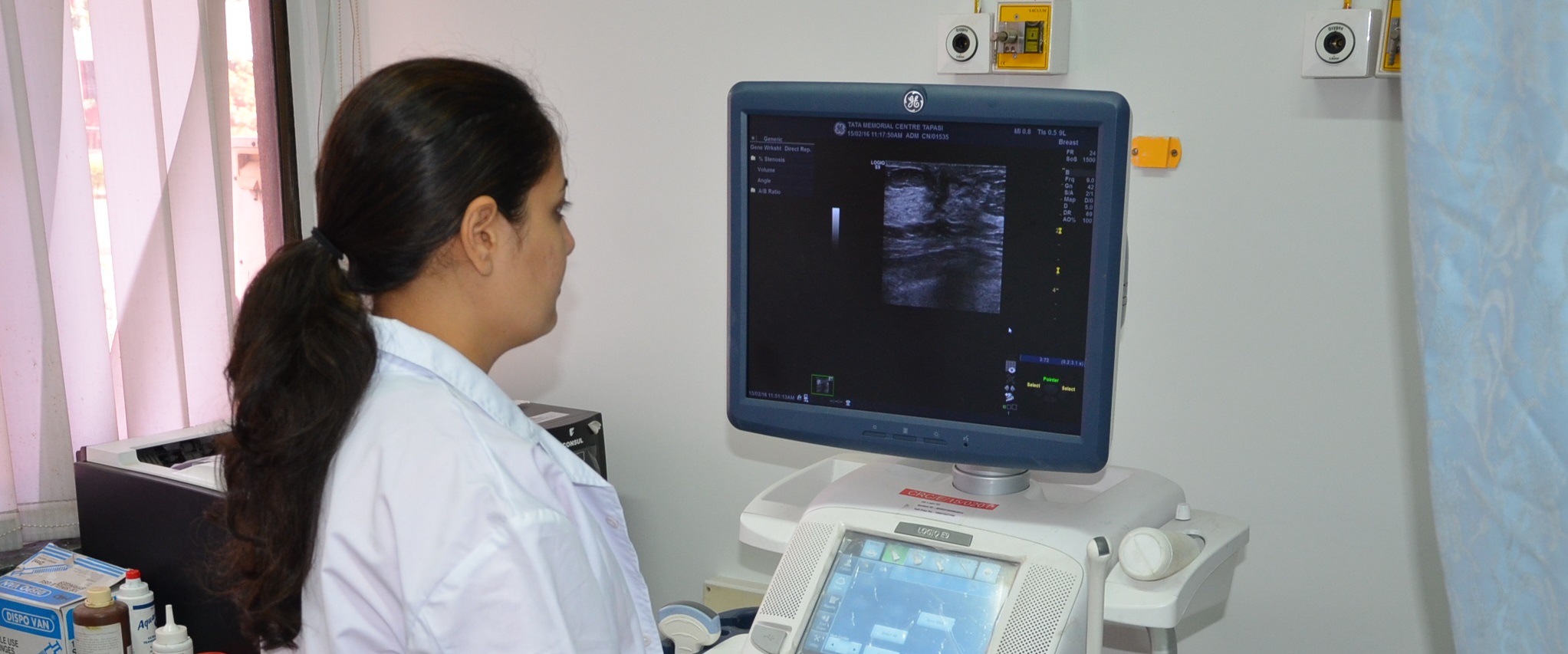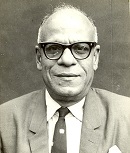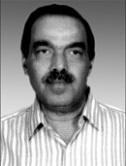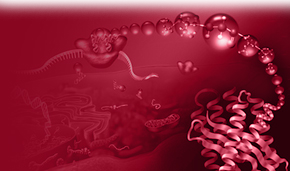|
|

|
|
Science Sparks @ ACTREC
|
 2 August 2021 2 August 2021
|
Vol. No. 10; Issue No. 486 |
|
|
|
|
|
|
|
|
Legends of Science
|

|
Rabindra Nath Chaudhuri
Rabindra Nath Chaudhuri obtained the degree in Medicine from the University of Calcutta before acquiring an MRCP from Edinburgh and TDD from Wales. Chaudhuri made significant contributions to chemotherapy and chemoprophylaxis of malaria as well as the clinical and experimental studies on epidemic dropsy. He undertook seminal research on body fluid changes in health and diseases, viz. cholera; and recognition of 'para-sprue', a malnutritional syndrome common in India. He investigated 'Thinthinia' in 1936 and subsequently studied gastric acidity in Indians. He also contrbituted on eosinophil lung, amoeboma, pulmonary amoebiasis, and hypoprotinaemia. He was the President of the Medical and Veterinary Section, Indian Science Congress, a member of the International Congress of Tropical Medicine and Malaria. Dr. Chaudhuri was the recipient of the ‘Padma Bhushan Award’ in 1960 and ‘ANB Prize’ by the Royal College of Physicians, Edinburgh in 1968.
|
|
| |

|
Maroli Krishnayya Chandrashekaran
Maroli Chandrashekaran obtained his Ph.D. in 1963 from the University of Madras. He studied the biological clocks of insectivorous bats, mainly the cave-dwelling bat Hipposideros speoris. His area of research was the light sensitivity of the eyes of bats associated with dawn and dusk and the colors and flashes. He discovered the Social Synchronization of Circadian Rhymes in a colony of 600 bats living inside a cave. Dr. Chandrashekaran was the receipient of ASCOFF's Rule Prize of Germany, Shanti Swaroop Bhatnagar Award and J C Bose Prize. He was bestowed with Millennium Plaque of Honour of Indian Science Congress Association in 2007. He was a Fellow of the Indian Academy of Sciences, Bangalore and National Academy of Sciences.
|
|
| |
|
|
Do You Know?
In 2012, a study showed that cells lacking p53 are exquisitely sensitive to serine depletion, thus suggesting that removal of this amino acid through dietary changes or pharmacological approaches might have therapeutic potential in treating p53-deficient tumours.
|

|
|
|
Cancer News
|
| |
|
Drug rapidly shrinks metastatic breast cancers in mice
|
|
26 July 2021, MedicalNewsToday
|
|
The drug, called ErSO, works by overactivating a stress response mechanism that normally protects cancer cells from harm. When the mechanism goes into overdrive, however, it kills the cells...
|
|
|
| |
|
|
|
|
|
|
| |
|
Clinical trial for cancer treatment with Proton Therapy to start soon in TMC’s ACTREC Kharghar centre
|
|
31 July 2021, The Free Press Journal
|
|
There is good news for cancer patients as the treatment with Proton Therapy will soon start at Tata Memorial Centre’s (TMC) ACTREC Kharghar centre. A part of the project has been commissioned for the clinical trial during a small event held at the Kharghar centre on Saturday. The machine was brought in from Belgium and it was rigged from roofs at 65000 sq feet standalone building...
|
|
|
|
|
© 2021 Advanced Centre for Treatment, Research and Education in Cancer (ACTREC)
|
|
